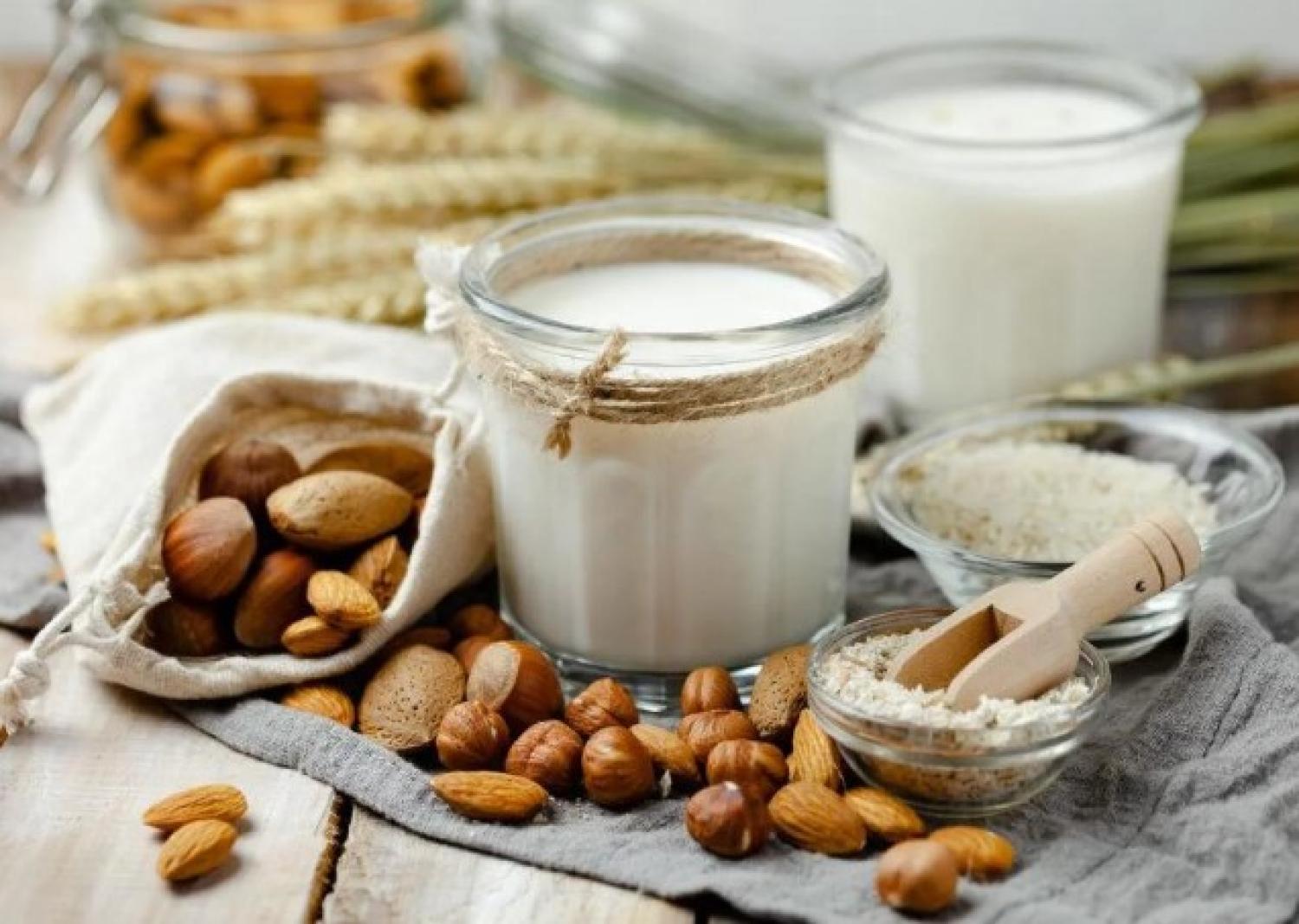Milk alternatives

The dairy industry has a substantial impact on the environment. Farmers tend to about 270 million cows in order to produce milk, and this large-scale production has an enormous environmental impact. Large amounts of water are used to sustain the dairy industry through raising cattle, growing food and processing milk. It takes between 30-50 gallons of water to sustain each cow per day. Raising dairy cattle also requires large amounts of land. Cattle create large amounts of greenhouse gas emissions that increase the effects of global warming. So, how can we offset this impact and make a small impact on a daily basis? Consider these alterations to your consumption of milk.
Why go with milk alternatives
A study by the University of Oxford found that producing a single glass of dairy milk generates three times as many greenhouse emissions and uses nine times more land area in comparison to a glass of plant-based milk.
Look for dairy products that have these certified labels
Certified Grass Fed by AGW
NOFA-NY Certified 100% Grass Fed
PCO Certified 100% Grass Fed
These labels require that animals ate a pasture-based, ruminant diet of only grass which provides better animal health (less gut disease) and nutrient quality in the final product. Animals were not confined to feedlots and did not have daily drugs.
Non-dairy alternatives
- Soy milk
- Almond milk
- Coconut milk
- Oat milk
- Cashew milk
- Rice milk
Milk bags
Milk bags are popular in Canada, China, India and other countries around the world. Milk bags are a thin polyethylene pouch that is lightweight and can hold large amounts of milk. They are lighter than typical cartons or jugs, which makes them easier and less expensive to ship and use less plastic than the standard milk jug. Plastic milk bags can be larger and can be more useful as a bulk resource. Liter to liter, milk bags consume 20-30 percent of the energy compared to milk jugs.


